
Brands are on a Transformational Journey
The future. Coming soon!
Imagine for a moment that brands are on a magical conveyor belt; propelled by the fusion of technology and humanization, moving toward a place called brand relevancy. The brand’s momentum could slow, increase or stop depending on each brand’s ability to remain relevant to customers. In the future, a brand’s success may depend on whether it is perceived as having a social purpose. The reason to choose one brand versus another will be fueled by its purpose. Brands that are not perceived as being socially responsible will slow or stop on our magical conveyor belt or will be passed by other brands that simply “get it.”
Today, like never before, brands are in the throes of change. Customers are no longer satisfied with just lodging complaints or casting opinions. Instead, they are voting with their social capital and turning away from companies that fail to listen and respond.
In this rapidly changing landscape, marketers are challenged to humanize their brands and seize opportunities to engage customers across a multiplicity of touch-points and social media channels. With the rise of social media, the consumer is able to drive the conversation with or without the brand’s input. Only brands that are authentic and transparent will succeed.
So continue to imagine these magical conveyors propelling brands. Here are some of the accelerants that will transform brands into the future.
1. Engaging
Brands that create rich, engaging stories will build relationships. Authentic brand stories are retold by fans and become viral. If you address your customer’s needs, it will foster brand building. Meaningful and advantageous engagement will shape your brand’s message. Platforms like Twitter, Facebook, YouTube and LinkedIn will give your brand an authoritative voice and build communities. Consistent engagement will increase your visibility, influence and make your brand profitable.
“For Brands, Being Human Is the New Black”
Article by E. B. Boyd, Fast Company
2. Relevant
A strong brand must be relevant. Brands that are viewed as “relevant” can go a long way toward making their competitors irrelevant. Instead of focusing on achieving brand preference, it is possible to reduce or make other brands irrelevant (Dr. David Aaker, author, Brand Relevance). A brand that offers something so different and special will create its own unique category and customers will perceive those as the only option, with no alternatives.
3. Accountable
In the future, brands will be held accountable for the good things they do (or do not). For example, Nike is highly engaged in efforts to demonstrate corporate accountability. Employing over 800,000 people worldwide, Nike was once criticized for employment practices of some of its suppliers in developing countries. Now, Nike posts results of external audits and interviews with factory workers at www.nikebiz.com. According the Simon Mainwaring, “What makes Nike a We First company is not its consistently successful branding but its commitment to world-changing ideas and causes”.
 4. Collaborative
4. Collaborative
Technology now shapes the entire customer experience and has transformed marketing. There is a need for more collaboration between marketing and IT. Your customer is a moving target. It is critical for CMO’s and CIO’s to take leadership roles to align and form a partnership with a definitive plan for marketing transformation. There are riches to be won for brands through this partnership.
Scott Brinker Chief Technologist Blog summed up Forresters’ Inaugural CIO-CMO Forum 2011 event on Sept. 22, 2011 saying “Marketing is now effectively a technology-powered discipline, but for many marketing leaders and their departments, it still feels like they’re strangers in a strange land”. Scott reported that, “Only organizations that are customer-obsessed will lead in this next era, with a blend of marketing and technology that must be seamless to the outside world”.
5. Voice
Quality content fuels your brand voice. Meaningful engagement with consumers is driven by the creation of clearly written, meaningful content that inspires and supports the brand’s mission. Writing content that includes searchable keywords is essential – but, importantly, does not sound confusing or forced. If content is properly written, keywords should blend into the story.
6. Creative and innovative
Brands must aspire to be creative and innovative to win customer loyalty. Even successful brands can become complacent over time and have tunnel vision. CMOs need to take a disciplined and decisive approach and tap into the company’s core strengths. Here’s one company that has made innovation and creativity their goal: General Mills recently was awarded the 2011 CPG Award for Innovation and Creativity. The award is given to companies that have demonstrated creativity and innovation, and have made a significant impact on the industry.
 7. Purpose driven
7. Purpose driven
“The future of profit is purpose: Consumers want a better world, not just better widgets”, according to Simon Mainwaring, (@simonmainwaring) author of We First. Brands that recognize the importance of doing good deeds will be rewarded with increased sales and market share. So, marketers must ask themselves: What is my brand’s purpose? If the answer is, “I don’t know,” keep working to find the answer. New communities like Brandkarma.com are forming that care about the world we live in and the world we leave our kids. Brandkarma.com is a platform that allows consumers to make mindful choices.
“The future of profit is purpose”
By Simon Mainwaring, Founder of We First
 8. Corporate Social Responsibility (CSR)
8. Corporate Social Responsibility (CSR)
Customer Social Responsibility (CSR) is a win-win for companies, employees, shareholders, partners, customers and community. Businesses are increasingly becoming part of the solution rather than the cause of the problem. Social responsibility is a differentiator for products and brands that create economic value through corporate social responsibility. According to a survey conducted by consultants Penn Schoe, Landor Associates and Burson-Marsteller, CSR Branding Survey 2010, “55% [of consumers] are more likely to choose a product that supports a certain cause when choosing between otherwise similar products.”
In Simon Mainwaring’s new book, “We First”, he shares a compelling vision how brands and consumers, through the use of social technologies, can build a better world.
9. Simplicity
Keep it simple. Businesses that simplify products and provide clear, transparent, user-friendly communications enable customers to make informed decisions. These are the businesses that will succeed.
Today, the mere mention of the word ‘simple’ is a hook for purchasers and for that reason advertisers and marketers stock their copy with the words: ‘easy’, ‘convenient’, ‘quick’ and ‘simplified’. However, slapping the label ‘simple’ on something that looks like the instruction manual for the space shuttle will surely backfire when purchasers feel betrayed. Practicing ‘faux simplicity’ is even worse than being just plain complicated, according to Alan Siegel, founder and chairman of global branding firm, Siegel+Gale.
“Simple is Smart”
By Alan Siegal, Founder & Chairman of Siegel+Gale
 10. Reflective
10. Reflective
Brands build equity by pursuing a customer-centric brand strategy. Companies that reflect their target market’s beliefs, mirror them and link their brands to people’s feelings will succeed.
11. Your Culture is Your Brand
A company’s culture is your brand. For example, at Zappos.com, Customer Service isn’t just another department — it is a core value that employees live by every day. Zappos’ commitment to customer service is legendary and has defined its brand.
“Your Culture Is Your Brand”
by Tony Hsieh, CEO of Zappos.com
Zappos formally defined culture in terms of 10 core values:
1. Deliver WOW through Service
2. Embrace and Drive Change
3. Create Fun and a Little Weirdness
4. Be Adventurous, Creative, and Open-Minded
5. Pursue Growth and Learning
6. Build Open and Honest relationships with Communication
7. Build a Positive Team and Family Spirit
8. Do More with Less
9. Be Passionate and Determined
10. Be Humble
12. Listen
Brands must listen to customers and build strategies that respond to their needs in real-time. Listening enables the ability to infuse data-driven insights into every customer interaction, thus personalizing communications.
13. Brand Advocates
Before brands begin to engage consumers, messages must be carefully aligned to the firm’s mission. In a multi-channel media world, skeptical consumers notice inaccuracies that may be construed as lies. Brands must position themselves as a positive force in the world and collaborate with brand advocates to deepen relationships with all customers.
14. Millennial bonding
The 80 million children of the baby boomers are a huge market with purchasing power of over $730 billion. Brands are sending a barrage of messages to tap into this attractive market. Brands need to understand that digital runs very deep with Millennials. Digital is what Millennials are all about. According to the new millennial study by McCann Worldwide, “The Truth about Youths”, brands should follow the top five traits young people look for in social friends: be truthful, genuine, sociable, mature, and humble.
15. Crowdsourcing 2.0
Innovative marketers and ad agencies are turning to crowdsourcing. Philip Letts, (@PhilipLetts) CEO of London’s blur Group offers this definition: “Crowdsourcing is the act of taking a job traditionally performed by a retained agency and outsourcing it to a defined, large, expert group of professionals in the form of a managed call.” Crowdsourcing gives brands (and CMOs) more choice. For example, instead of working with a creative team of two at your ad agency, a crowdsourced campaign might include hundreds of creatives generating hundreds of ideas. So more creative ideas may not only be better but far less expensive. Crowdsourcing 2.0 is rapidly evolving to a new level that focuses less on quantity and more on quality results – managed, expert sourcing.
16. Mobile
Consumers are having a love affair with their smart phones. But, having the Web in their pocket also increases the desire for even more innovative ways to use their favorite tool. According to Peter Sheldon, Senior Analyst at Forrester Research, “Mobile is so much more than an extension of the web; it is an opportunity for brands to develop next-generation customer experiences that raise the bar of convenience”.
![]()
Learn from Simon Mainwaring, author of We First, how consumers can make a difference in building a better world.

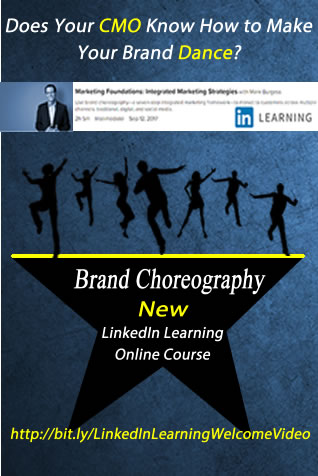
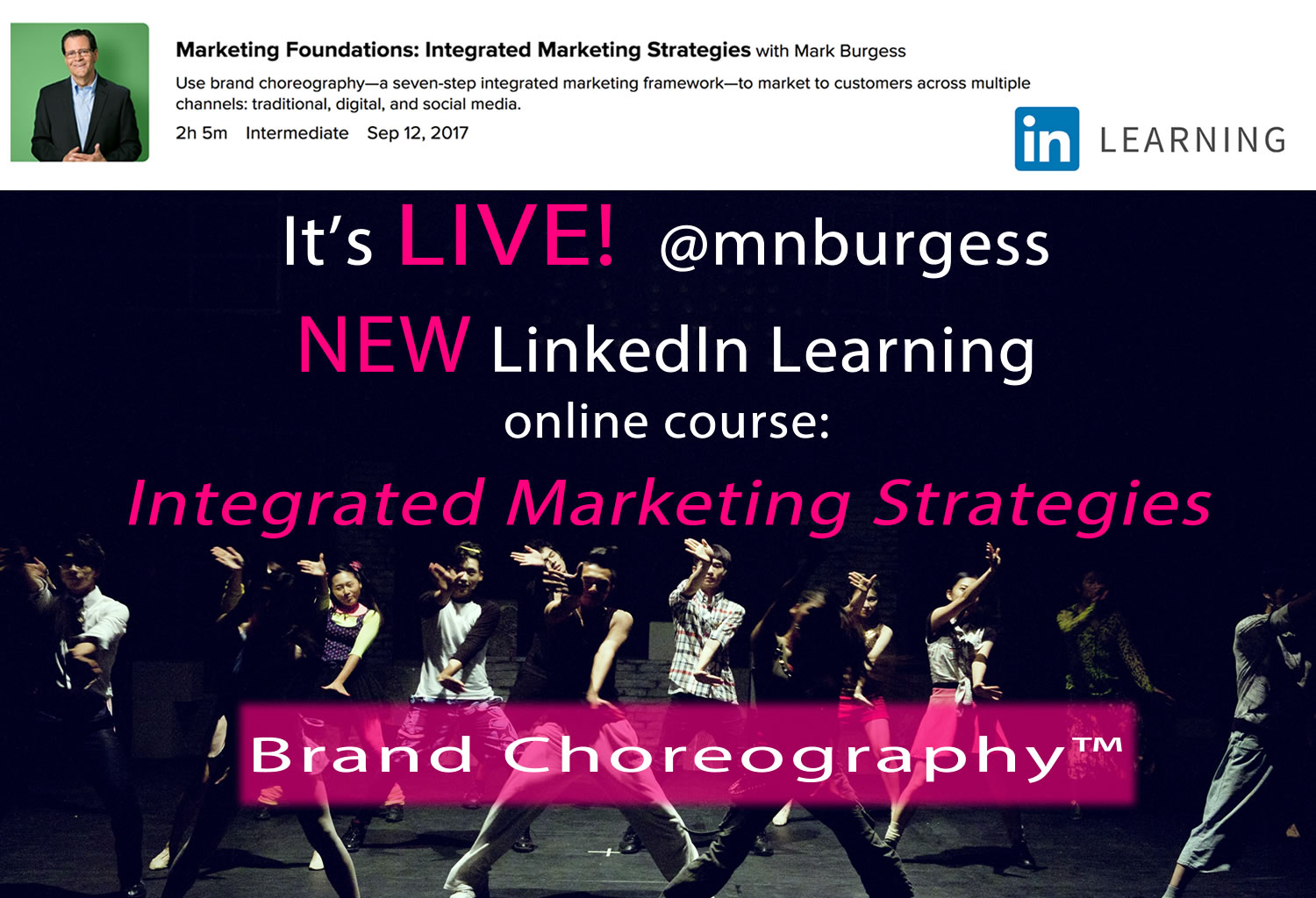


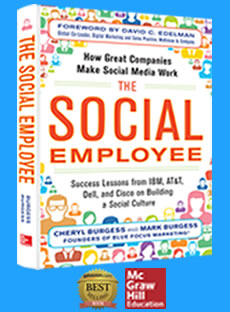

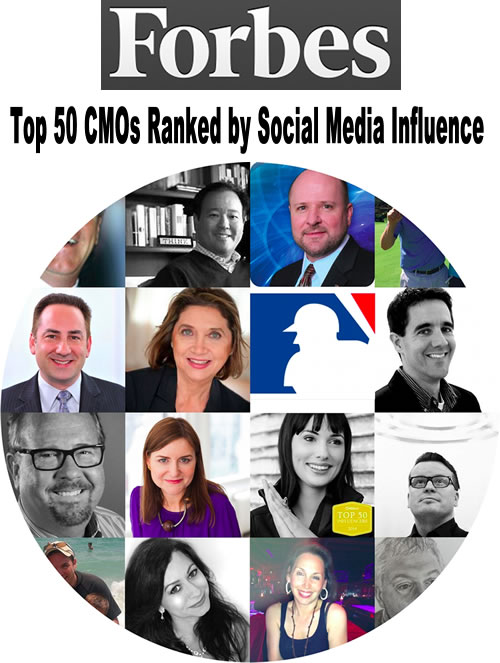
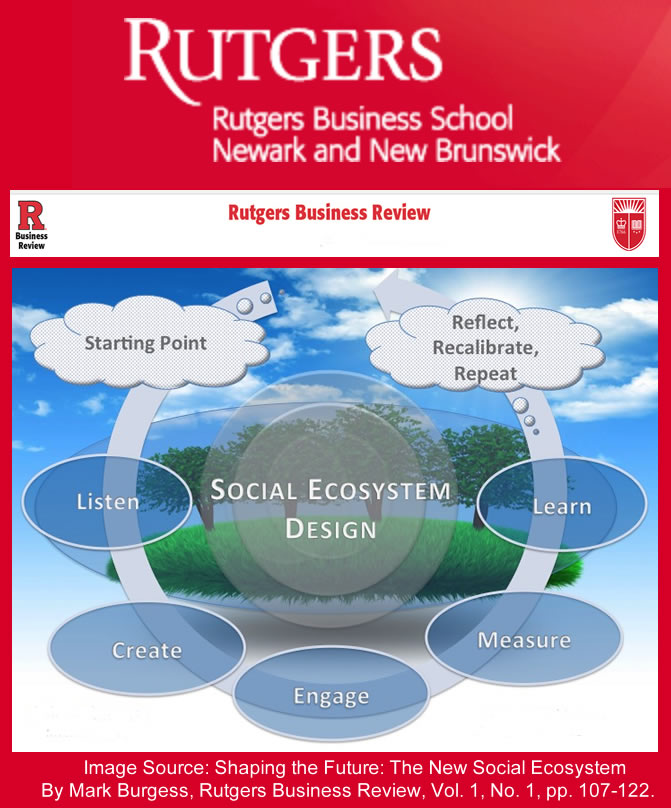
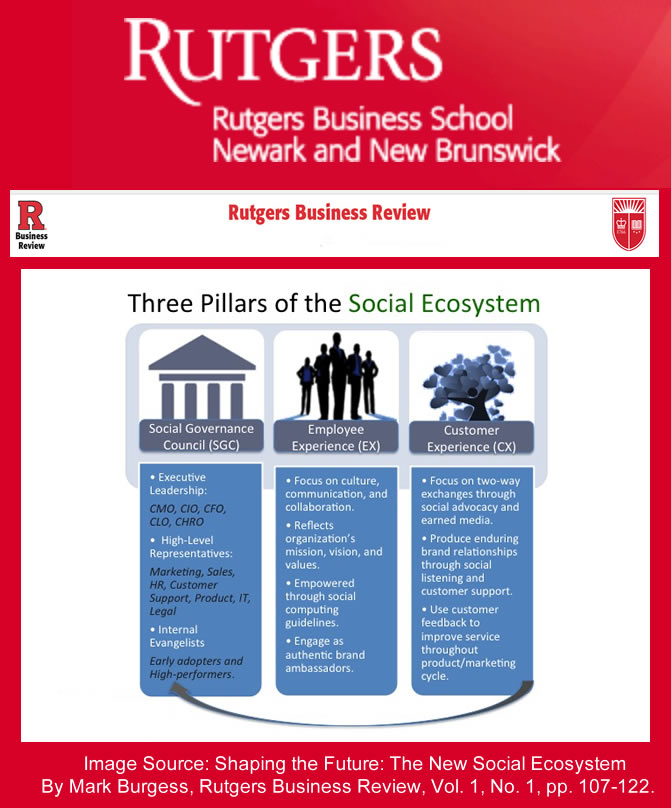
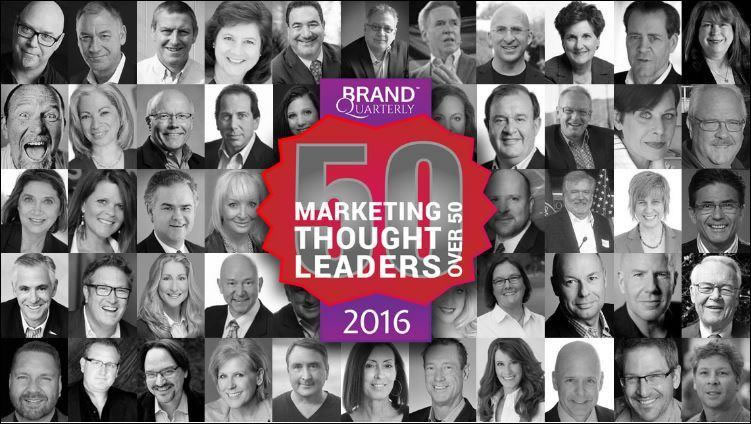
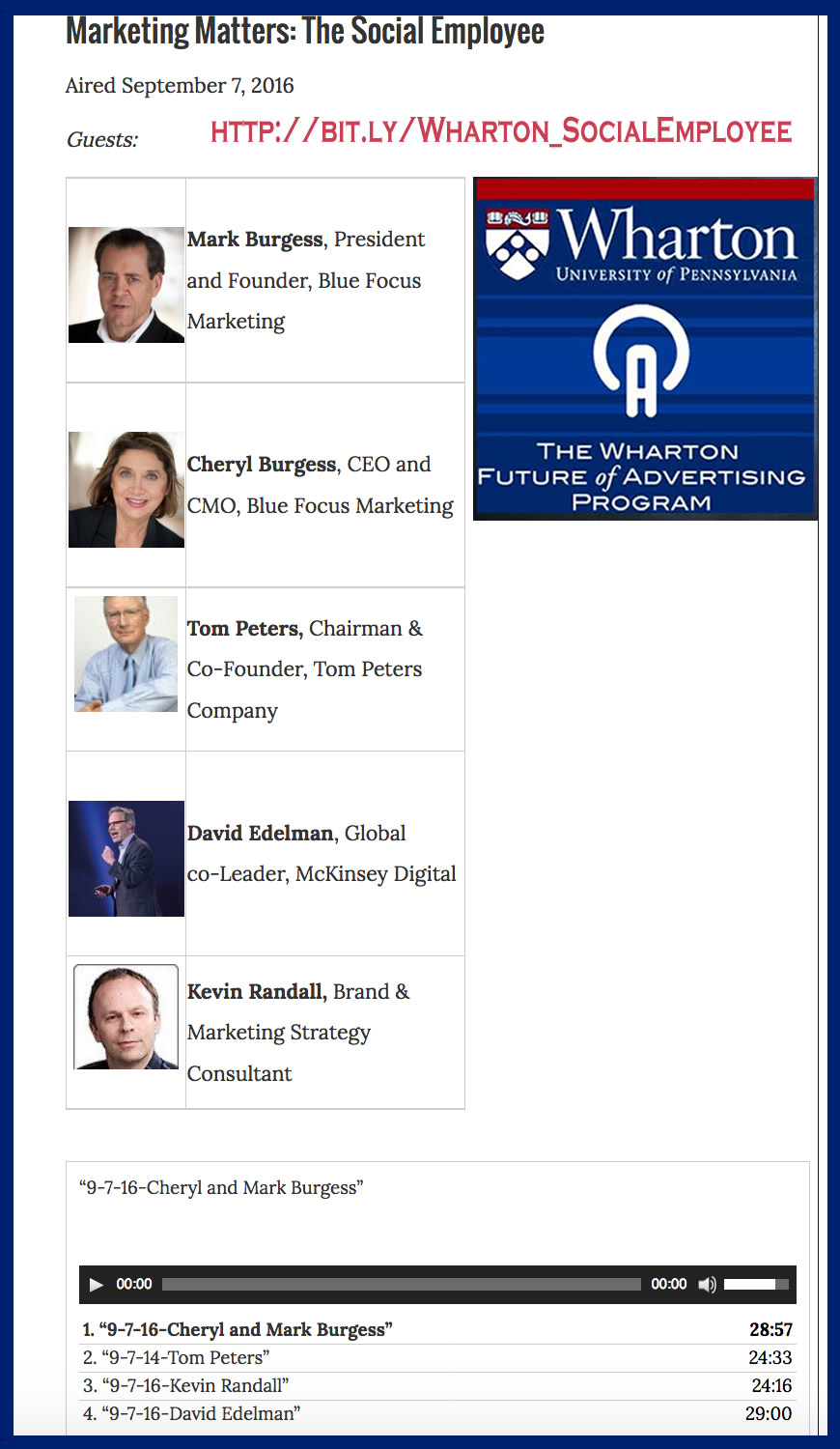


WOW…what an article!!! Full of essential information and a great read!!!!!
Hi John!
Thanks! There was this moment of “pencils down” and knew it was time to publish. And, as much fun at writing my blog, I had more fun designing the banner. If you noticed, Blockbuster was positioned behind Netflix. Little enjoyment there. But that was the only logo that was positioned intentionally — well except I did add Blue Focus Marketing on the horizon. This, of course, is my only outbound marketing efforts for Blue Focus Marketing. I just couldn’t resist 🙂
Cheers,
Cheryl
Thanks for a great article that loaded with insights and great links Cheryl. Several of the books you mention are ones I haven’t read yet but I’ll now add them to my list. I have read “Delivering Happiness” by Tony Hsieh of Zappo’s and couldn’t agree more with you that it’s very relevant to the brand’s of today and tomorrow too whether they’re large or small businesses. Throughout the book Tony references two books that helped shape his approach: 1) Good to Great and 2) Tribal Leadership. I highly recommend them and between those three books and the ones you’ve shared in your article, I have plenty to study, think about and put into play. Thanks!!
Hi Billy,
Thanks for your comments and I’m so glad you liked my post.
Tony Hsieh’s books are amazing. Thanks for adding some of your book recommendations! Wouldn’t it be great to have more time to read the wealth of content available today on such important subjects.
Cheryl
Geez Cheryl! What a comprehensive post.
A few comments on some highlighted points.
Nike + Reebok were exposed for working conditions at Factories in Vietnam. Nike actually took a long time to react. Reebok acted immediately. The end result was that they had to take action. That action wound up showing them the benefits of ‘Caring’ and ‘Responsibility’ and they totally ran with it. They obviously are a marketing machine because their athletic footwear is seriously inferior to most brands (except reebok). And they know all the good will helps.
Social is a very dangerous place if you are not Socially Responsible. Nestle (Palm Oil). Trader Joes (sustainable fisheries). BP (environment). All took major hits because of social. Nestles and TJ’s reacted and now they can relax. BP did not and they still are looked down on. Yet if you show Social Responsibility like Whole Foods people will actually spread the word for you.
Lastly the Infographic with the biggest brands on Social. One thing they prove….viral never happens. When I see the You Tube views how few they have I am amazed. And when I see how few Fans, Followers, Views they have vs their total 1] Customer base and 2] potential customer base their reach is still really small via Social Channels. For example Coca-Cola – I am guessing 1.5bil customers and another 1.5 bil potential. With 21mil fans on Facebook that is 1.4% of their customer base! Which says so far Social isn’t doing much for them (true) and secondly just look at the opportunity. Though Social in my opinion isn’t very scalable for such big brands.
Great great post. But the CMO shouldn’t be reading this. The CEO and CFO should be 8)
Hi Howie!
Thank you for your excellent comments.
I agree completely that “social is a very dangerous place if you are not socially responsible” Many brands either approach social responsibility proactively or seem to be forced into it. I believe social responsibility will be the new higher ground for brands in the future to truly differentiate themselves. The higher a brand’s profile, the larger the target as well as the opportunity to succeed.
Cheryl
Great Article. My only suggestion is to switch from Corporate Social Responsibility to a vision of Corporate Shared Value.
The difference in my mind is CSR is something you Do. Corporate Shared Value is something you believe and is Core to your business.
Dan
Dan,
Thanks so much for your insightful comments.
Cheryl